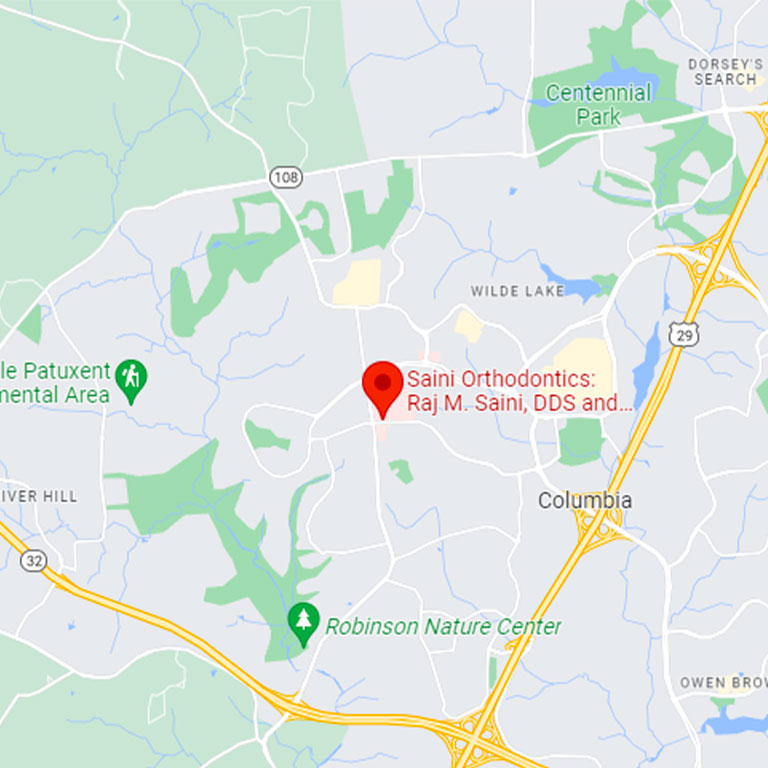Oral Cancer Awareness

Most people know that cancer is a potentially life-threatening health condition that can affect anyone. But fewer people know that oral cancer is often only diagnosed in its later stages, leading to a higher death rate than for many other types of cancer.
In this post, we’ll look at some of the signs of oral cancer, risk factors and prevention, and what to do if you’re concerned about your own risk.
What is Oral Cancer
Oral cancer is considered a form of head or neck cancer. It is officially defined as any cancer in the oral cavity: the lips, gums, or anywhere inside the mouth. This includes on or under the tongue, behind the wisdom teeth, the roof of the mouth, and the upper areas of the throat at the back of the mouth.
Cancer happens when normal cell DNA mutates so cells don’t die when they should. Instead, mutated cells accumulate, spread, and may form tumors. If left untreated, the cells may spread to other body parts such as organs, soft tissue, bone, and blood.
Oral cancer accounts for 3% of annual cancer cases in the United States. In 2022, around 54,000 patients were diagnosed with oral cancer.
Risk factors for Oral Cancer
While anyone can develop cancer, some factors can make oral cancer more likely. For example, it is most often found in people over 40 years old and in twice as many men as in women.
According to the Cleveland Clinic, about 75% of people who develop oral cancer have one or more of the following risk factors:
- Tobacco use (both smoking and smokeless forms like chewing, vaping, or hookah)
- Heavy alcohol use
- Weakened immune system
- Sun exposure on the lips. Oral cancer often starts with squamous cell carcinomas in the lining of the lips.
- Human Papillomavirus (HPV). Most throat cancers are caused by HPV 16 specifically.
- Family history of oral cancer
Signs of Oral Cancer
There are several signs and symptoms of mouth cancer, from the minor to the life-disrupting. They may include:
- A lip or mouth sore that bleeds easily and does not heal within two weeks
- Leukoplakia or Erythroplakia: White or reddish patches on the inside of your mouth, either flat or slightly raised, that bleed easily
- Loose teeth
- A growth or lump inside your mouth
- Unexplained mouth or ear pain
- Difficult or painful swallowing
- Unintentional weight loss
- Chronic bad breath
What to Do If You’re Worried About Oral Cancer
See A Professional
The Mayo Clinic recommends that you “make an appointment with your doctor or dentist if you have any persistent signs and symptoms that bother you and last more than two weeks.” A physician or dentist will assess your symptoms and rule out other potential causes such as infection.
Oral cancer is diagnosed by a clinical inspection and confirmed via biopsy or imaging such as a CT or MRI scan. Once confirmed, healthcare professionals will prescribe treatment based on how far the cancer has progressed. Treatment options include surgery, radiation therapy, and chemotherapy.
Lower Your Risk of Oral Cancer
While there are factors that increase your risk of developing oral cancer, there are also things you can do to lower that risk. These include:
- Getting vaccinated against HPV
- Avoiding tobacco in all forms
- Keeping alcohol consumption moderate
- Protecting your face and lips from sun exposure by wearing broad spectrum sunscreen and protective clothing like hats and visors
- Performing monthly self-checks of your mouth, looking for any of the signs listed above
- Seeing your dentist regularly. As part of a routine exam, your dentist will inspect your mouth for any signs of cancer or precancer.
There is no way to completely prevent cancer. But armed with an understanding of the causes and symptoms of oral cancer, you are empowered to reduce your risk as much as possible.
If you’re worried about the health of your mouth or teeth, call your dentist or reach out to us today!


Leave a Reply
Want to join the discussion?Feel free to contribute!